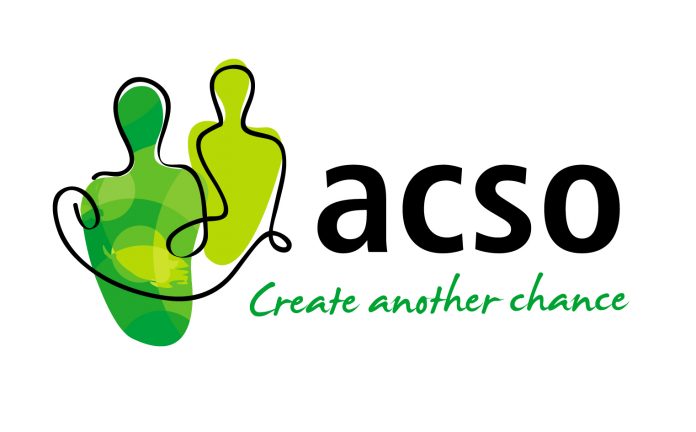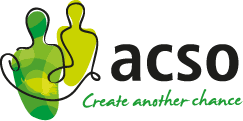Michelle Slater
A leading community service provider is calling on the Victorian government to provide more drug and alcohol detox services in Gippsland as part of its upcoming state budget.
The Australian Community Support Organisation manages intake referrals for drug and alcohol services in Gippsland.
ACSO chief operating officer Cath Williams said there were about 150 Gippslanders on ACSO’s list waiting for treatment, with another six-week wait just to get an assessment.
Ms Williams said this was before people were even referred on for any treatment.
“When they pick up the phone, it means they are ready for treatment now and not six weeks later for further treatment,” Ms Williams said.
“It’s impossible to get in anywhere, if you are ready for treatment, you are ready now.”
Ms Williams said there was a need for standalone drug and alcohol withdrawal services in Gippsland, with only six hospital-based detox beds available in the region.
Gippsland has a 58-bed residential rehabilitation centre near Bairnsdale, with another newly-opened 20-bed youth rebab centre in Traralgon.
But in many cases, attendees need to have completed withdrawal programs before entering these centres, depending on their individual circumstances.
“There are non-residential withdrawal services in-home, but this is only feasible for people with non-complex cases or co-occurring mental health issues,” Ms Williams said.
Health Minister Martin Foley said the state government was expanding drug and alcohol services in regional areas under the findings of the mental health Royal Commission.
Mr Foley said this was including establishing a dual-diagnosis community hub in the Valley.
“I’m not here to pre-empt what the Treasurer might or might not say [in the state budget],” Mr Foley said.
“But I’m confident there will be further investments both in metro Melbourne, but more importantly, where there is disproportionate demand in regional centres.”
Member for Morwell Russell Northe had also backed the call for more detox beds in the Latrobe Valley, which was forcing people to go to Melbourne or other parts of Victoria.
Mr Northe commended the state government for investing in residential rehab facilities in Gippsland, but said there needed to be more coordinated services in the region.
“If there are not enough public detox beds in our community, then people in need of desperate assistance are not able to commence their rehabilitation so the vicious cycle continues,” Mr Northe said.
“In a number of circumstances there is often only a small window where people suffering from drug and alcohol harm reach out for help, and it’s absolutely imperative detox beds and rehabilitation places are available when the window is open.”














